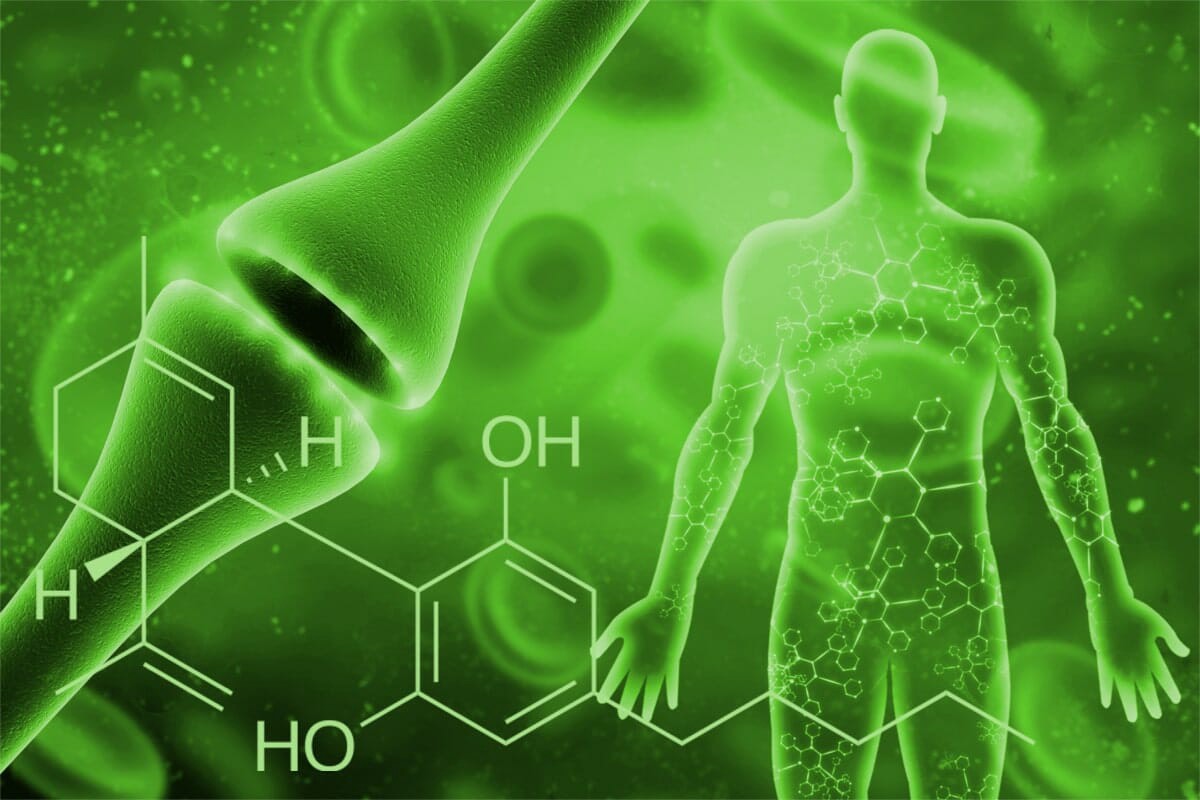An early-stage study into endocannabinoids is giving hope for the development of a new treatment that may treat symptoms of post-traumatic stress disorder (PTSD). The results, published in Biological Psychiatry, was conducted by researchers at Linköping University.
According to researchers, the treatment tested affects the endocannabinoid system and inhibits the enzyme known as fatty acid amide hydrolase (FAAH) which results in the enhancement of anandamide (AEA). AEA is an endocannabinoid associated with the regulation of fear and stress and could be used to help with fear extinction learning.
As part of the placebo-controlled experimental study, 16 healthy adult participants were administered a FAHH inhibitor and 29 were given a placebo for ten days. Approaching the conclusion of the trial, participants were instructed to undergo psychological and physiological assessments. The tests utilized similar principles as seen in prolonged exposure therapy.
“On days nine and ten, participants completed a task battery assessing psychophysiological indices of fear learning, stress reactivity, and stress-induced affective responses,” according to the findings.
“Our study shows that this class of medications, called FAAH inhibitors, may offer a new way to treat PTSD and perhaps also other stress-related psychiatric conditions,” said Leah Mayo, lead researcher of the study. “We saw that participants who had received the FAAH inhibitor remembered the fear extinction memory much better.”
“The next important step will be to see if this type of medication works in patients, particularly those with PTSD.”


